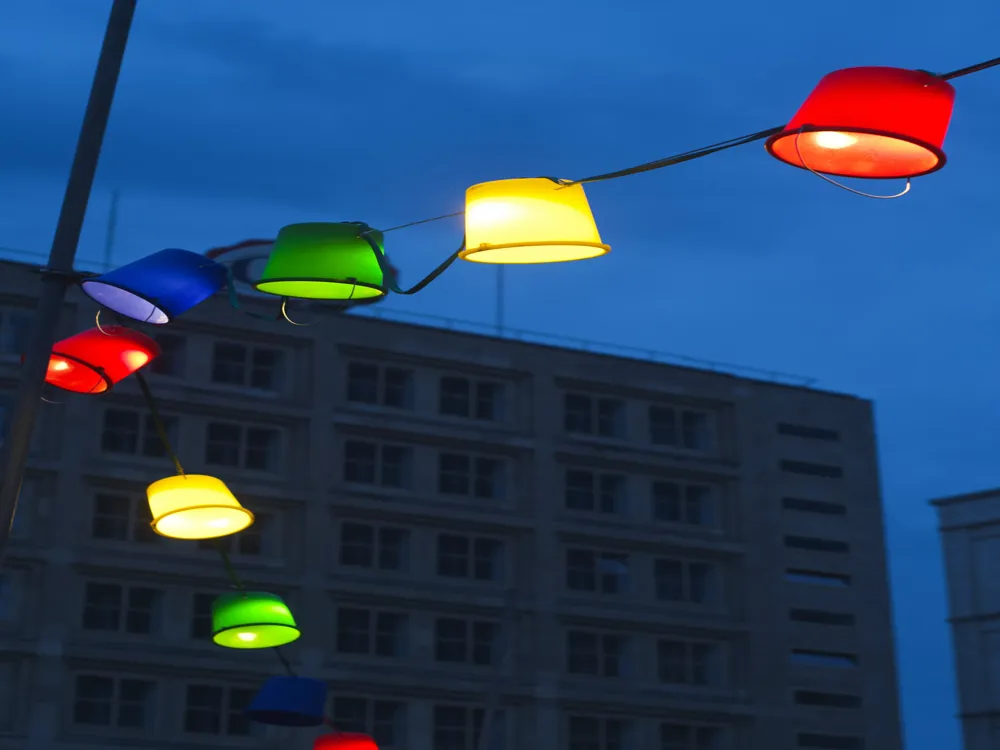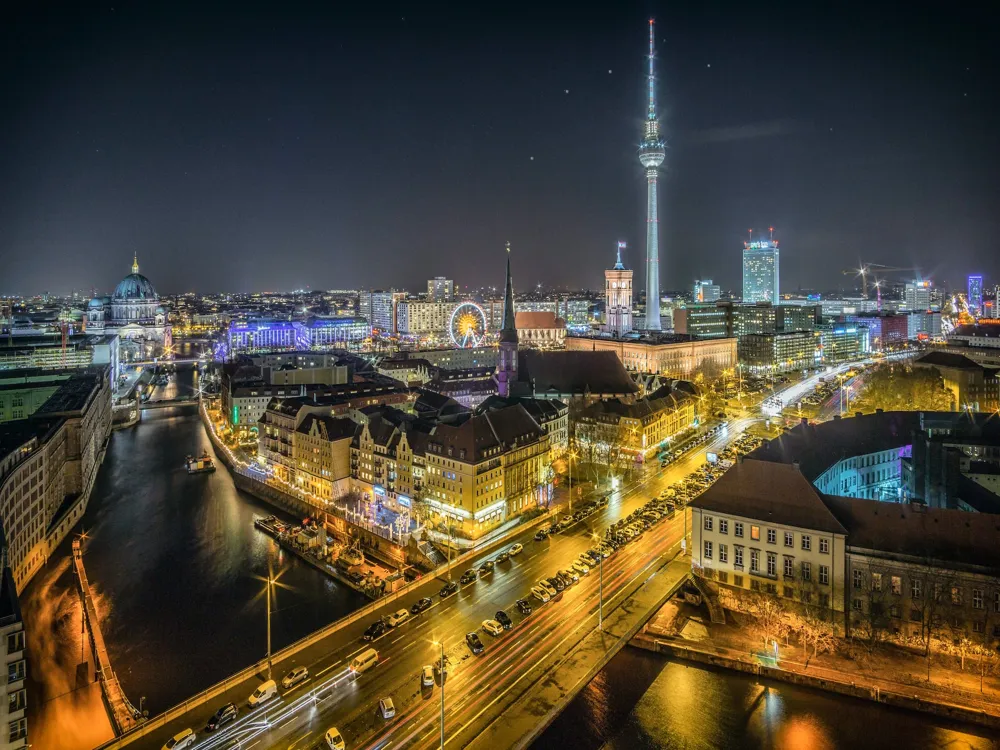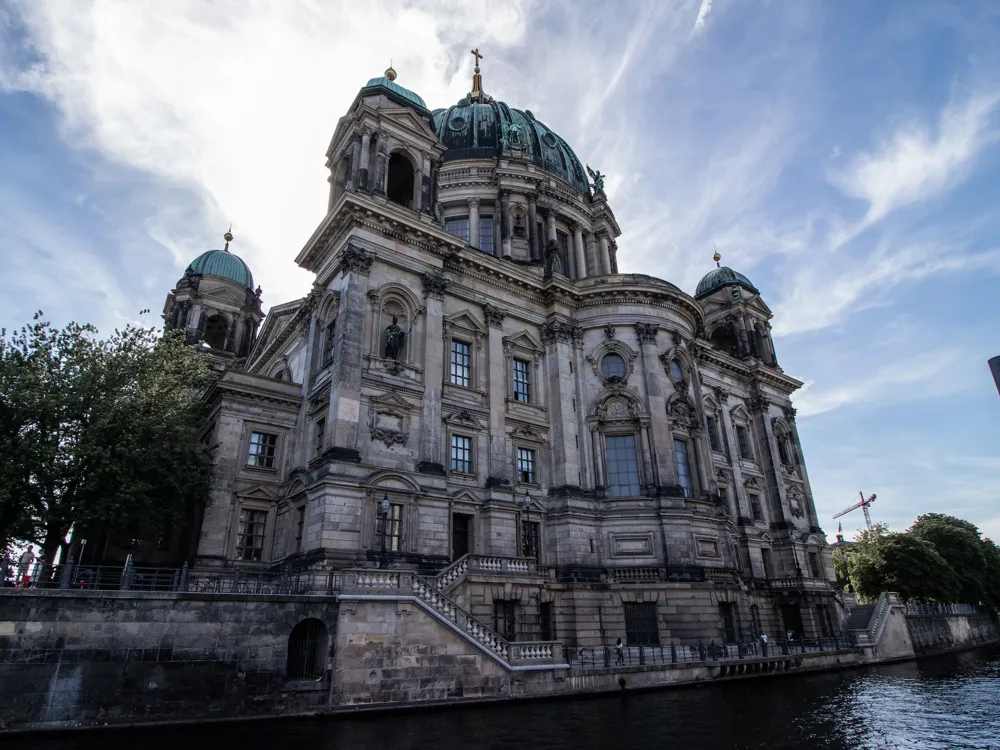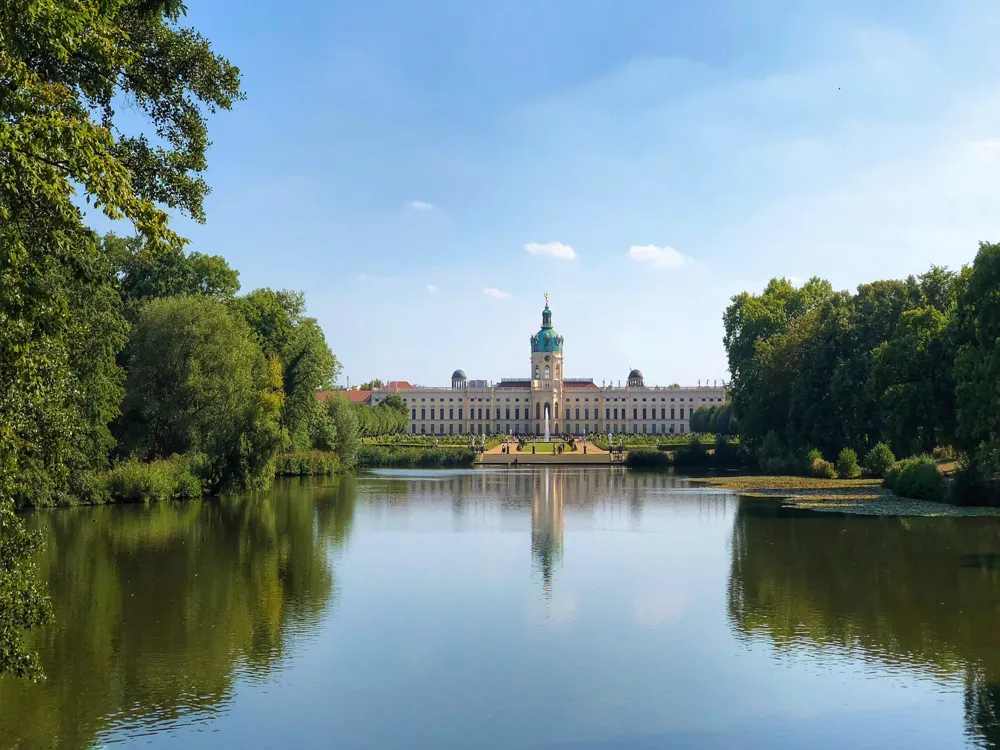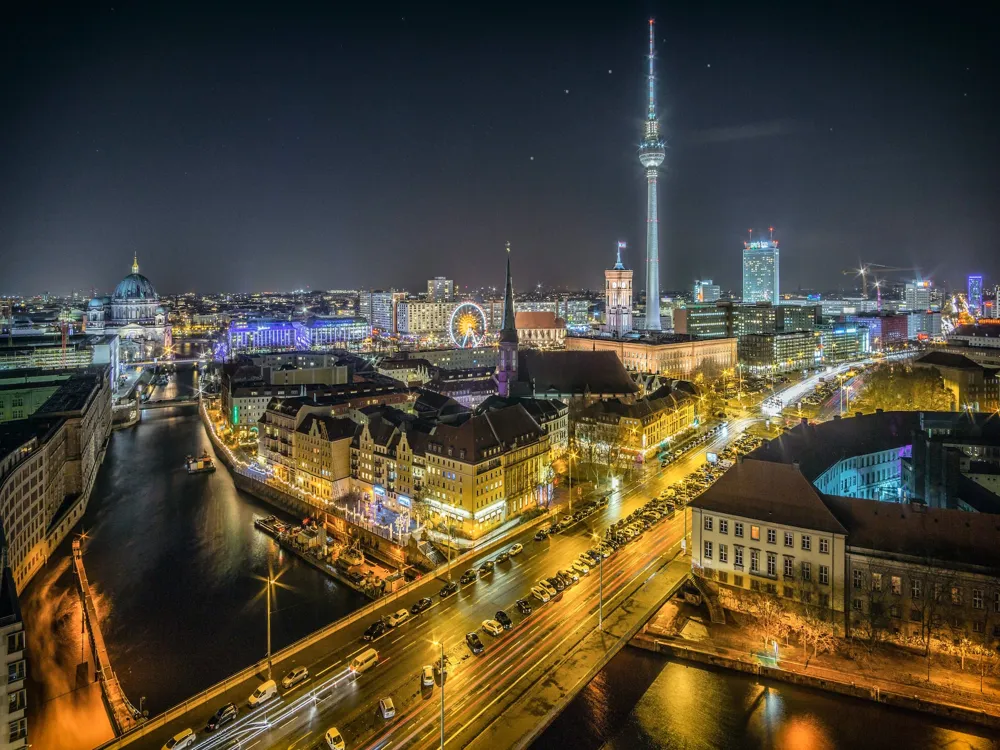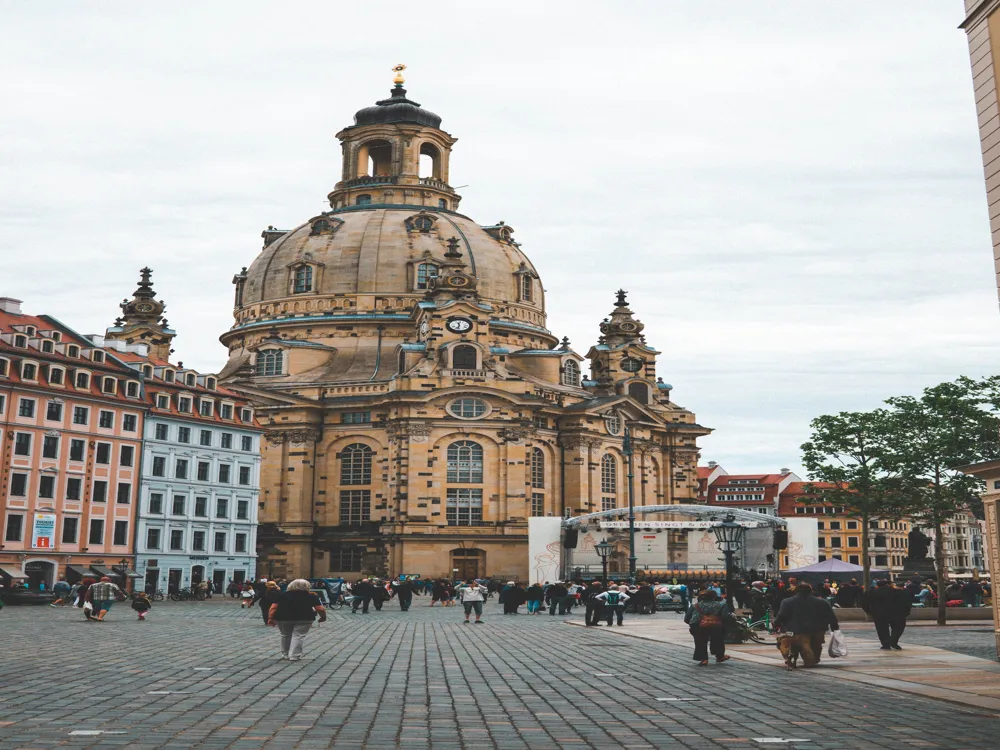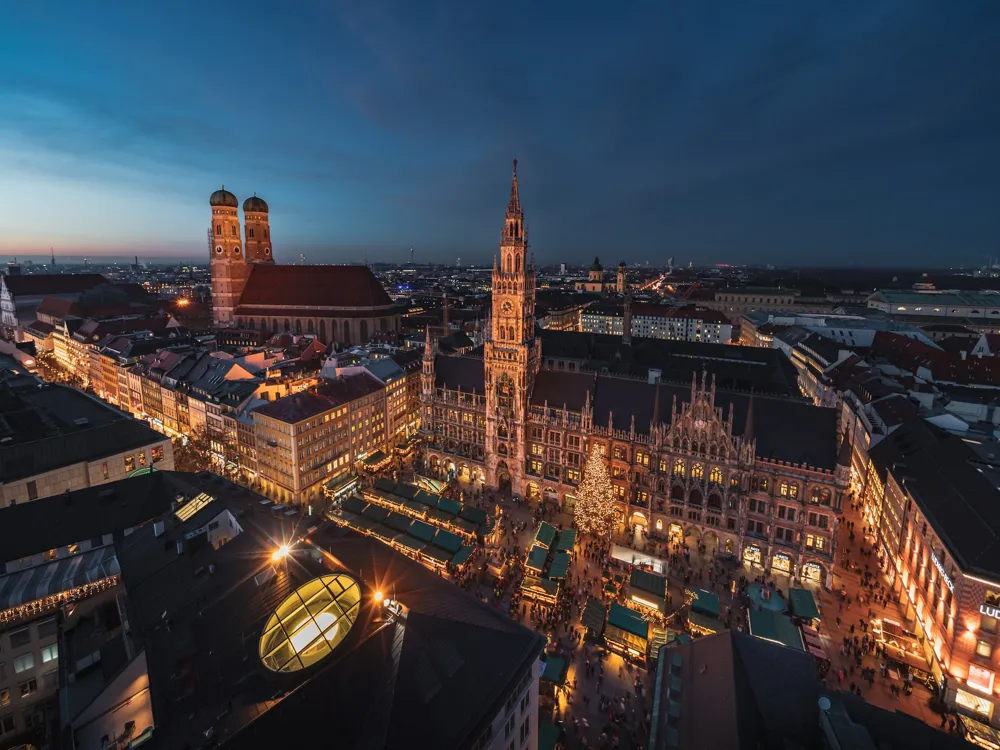Berlin Cathedral, a masterpiece of architecture, stands majestically in the heart of Germany's capital, Berlin. This grand cathedral, officially known as the Berliner Dom, is not only a significant religious edifice but also a symbol of the city's rich history and cultural heritage. Initially built in the 15th century, it has undergone various reconstructions, with the most recent one being in the early 20th century. The cathedral's striking appearance, characterized by its Renaissance and Baroque influences, makes it a must-visit landmark for tourists and history enthusiasts alike. The Berlin Cathedral's history is as fascinating as its architecture. It was originally a modest parish church, which evolved over centuries into the grand structure we see today. The cathedral has witnessed numerous historical events, including wars and political upheavals, each leaving its mark on the building. Despite the destruction during World War II, it was meticulously restored, preserving its historical significance and architectural grandeur. The Berlin Cathedral's architecture is a testament to the artistic and engineering prowess of its architects. The building is a harmonious blend of Renaissance and Baroque architectural styles, with a hint of neo-classical elements. The cathedral's central dome, towering at about 115 meters, is one of its most remarkable features. It is adorned with intricate mosaics and sculptures, adding to its majestic appearance. Inside, the cathedral boasts a lavish interior with an array of artistic masterpieces. The main altar, pulpit, and baptismal font are intricately designed, reflecting the artistic trends of their respective periods. The organ, with its 7,000 pipes, is not just a musical instrument but a work of art, accentuating the cathedral's interior beauty. The stained glass windows, depicting various biblical scenes, are a visual treat, casting colorful reflections across the nave. The ideal time to visit Berlin Cathedral is during the spring and early autumn, when the weather is pleasant, and the tourist crowds are relatively smaller. Visiting early in the morning or late in the afternoon can help avoid the peak crowds. Opting for a guided tour can enhance your experience, providing insights into the cathedral's history, architecture, and art. Many tours are available in different languages, catering to an international audience. As a place of worship, visitors are expected to dress modestly and maintain a respectful demeanor. Avoid loud conversations and ensure your phone is on silent mode. Photography is generally allowed inside the cathedral, but it's advisable to check for any specific restrictions or requirements for professional equipment. Berlin Cathedral is easily accessible by various modes of transport. The most convenient way is via public transport, such as the S-Bahn and U-Bahn, with the nearest stations being Alexanderplatz and Hackescher Markt. Buses and trams also have stops close to the cathedral. For those preferring to drive, there are several parking areas nearby, though finding a spot can be challenging during peak hours. Alternatively, walking or cycling to the cathedral can be a delightful experience, allowing visitors to enjoy the scenic routes of Berlin. The city's well-planned bike lanes and pedestrian paths make it a pedestrian and cyclist-friendly destination. Read More:Overview of Berlin Cathedral
Architecture of Berlin Cathedral
Tips When Visiting Berlin Cathedral
Best Time to Visit
Guided Tours
Dress Code and Conduct
Photography
How To Reach Berlin Cathedral
Berlin Cathedral
Berlin
₹ 58,000 onwards
View berlin Packages
Weather :
Tags : Church & Cathedral
Timings : Monday - Saturday: 10:00 AM - 5:00 PM
Sunday: 12:00 PM - 5:00 PM
Entry Fee : General Admission: EUR 9
Family ticket: EUR 9 (1 adult with minimun of 3 children under 18)
Berlin Welcome Card: EUR 6.50
Reduced ticket: EUR 7
Reduced family ticket: EUR 7 (1 adult with minimum of 3 children under 18 years of age entitled to a reduction)
Planning a Trip? Ask Your Question
Also Refered As:
Berliner Dom, The Evangelical Supreme Parish and Collegiate Church
Berlin Travel Packages
View All Packages For Berlin
Top Hotel Collections for Berlin

Private Pool

Luxury Hotels

5-Star Hotels

Pet Friendly
Top Hotels Near Berlin
Other Top Ranking Places In Berlin
View All Places To Visit In berlin
View berlin Packages
Weather :
Tags : Church & Cathedral
Timings : Monday - Saturday: 10:00 AM - 5:00 PM
Sunday: 12:00 PM - 5:00 PM
Entry Fee : General Admission: EUR 9
Family ticket: EUR 9 (1 adult with minimun of 3 children under 18)
Berlin Welcome Card: EUR 6.50
Reduced ticket: EUR 7
Reduced family ticket: EUR 7 (1 adult with minimum of 3 children under 18 years of age entitled to a reduction)
Planning a Trip? Ask Your Question
Also Refered As:
Berliner Dom, The Evangelical Supreme Parish and Collegiate Church
Berlin Travel Packages
View All Packages For Berlin
Top Hotel Collections for Berlin

Private Pool

Luxury Hotels

5-Star Hotels

Pet Friendly






